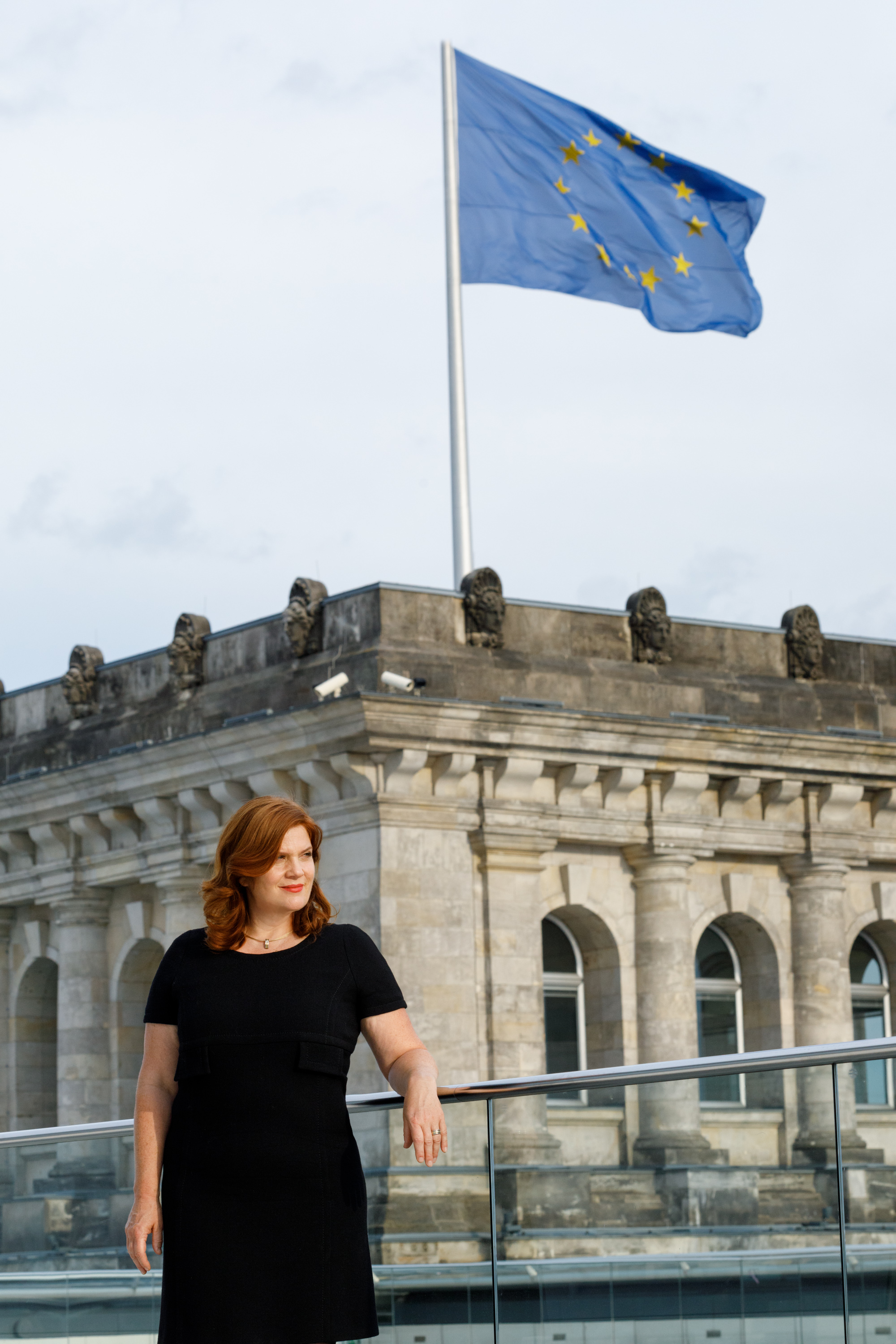Internationale Politik
Macron's defeat - an opportunity for Europe?

The Earthquake
The results of the parliamentary elections in France were classified as an "earthquake" by the French press. Like an earthquake, they came as a surprise to many, although the danger was well known: only 46% of French voters cast their ballots to elect members of the Assemblée Nationale.
And like an earthquake, there are tectonic shifts in the French political landscape: the president loses for the first time in 30 years - his majority in parliament. This can be read as a rejection of Macron's elitist leadership style. After all, there has been less and less of the inclusive and broad spirit of the popular movement "En Marche!" in recent years. Macron has centered the movement very much on himself and, moreover, the presidential system - unlike in Germany - is already a very personalized system.
At least the French are spared the so-called "cohabitation" and thus a prime minister from the ranks of the opposition. The leader of the left-wing electoral alliance NUPES of leftists, socialists, communists and greens, Jean Luc Melenchon, clearly missed this target - so there will be no trial of strength between the alpha dogs and no full blockade of parliament. In practice, however, this now means for Macron's government that legislative projects will no longer be passed with certainty in parliament, but that viable majorities will have to be found. This is a stumbling block, especially for the government's upcoming, ambitious but urgently needed reforms, such as raising the retirement age to 65: Implementation will be much more difficult and probably slower.
Interestingly, this earthquake brings the French system somewhat closer to the German one: in Germany, it is a well-known and lived normality to negotiate with other parties, whether in coalition or democratic opposition, again and again during the legislative session in order to form parliamentary majorities. That's why I believe that the new balance of power in the French Parliament can also contribute to its strengthening and to greater acceptance among the population. Being forced to work together constructively can ensure greater respect and better mutual understanding among the parties, making the French system fitter for a more complex future. For this to happen, everyone must be willing to work together. In Germany, the traffic lights have set a good example here, and I hope we can serve as a model for our French colleagues.
We German members of parliament are always ready for exchanges with our French colleagues within the framework of the still young body of the Franco-German Parliamentary Assembly. After all, a strengthened French Parliament is also an opportunity for energetic cooperation in Europe.
Sandra Weeser (52) is the only Franco-German in the German Bundestag and on the board of the Franco-German Parliamentary Assembly, which is composed of 50 members each of the German Bundestag and the Assemblée Nationale. She is deputy state chairwoman of the FDP in Rhineland-Palatinate and on the federal executive committee of the FDP.
